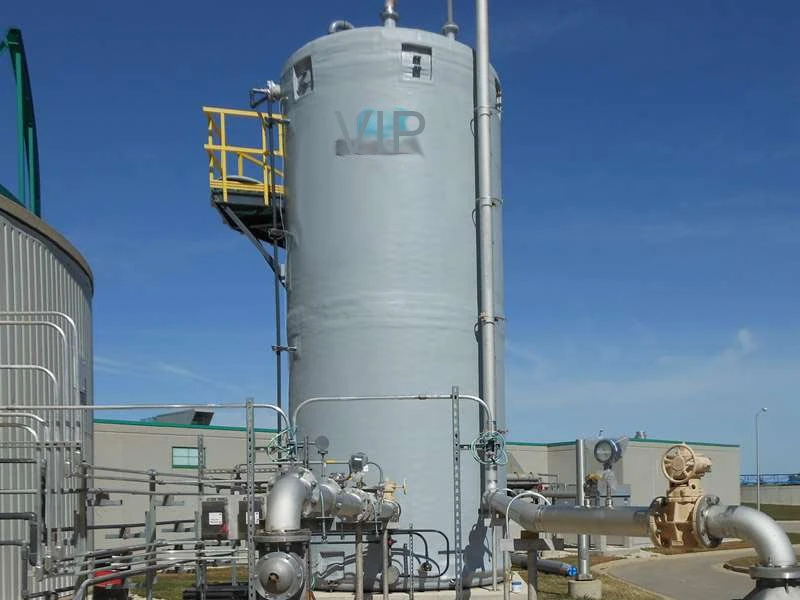
-
 Afrikaans
Afrikaans -
 Albanian
Albanian -
 Amharic
Amharic -
 Arabic
Arabic -
 Armenian
Armenian -
 Azerbaijani
Azerbaijani -
 Basque
Basque -
 Belarusian
Belarusian -
 Bengali
Bengali -
 Bosnian
Bosnian -
 Bulgarian
Bulgarian -
 Catalan
Catalan -
 Cebuano
Cebuano -
 China
China -
 China (Taiwan)
China (Taiwan) -
 Corsican
Corsican -
 Croatian
Croatian -
 Czech
Czech -
 Danish
Danish -
 Dutch
Dutch -
 English
English -
 Esperanto
Esperanto -
 Estonian
Estonian -
 Finnish
Finnish -
 French
French -
 Frisian
Frisian -
 Galician
Galician -
 Georgian
Georgian -
 German
German -
 Greek
Greek -
 Gujarati
Gujarati -
 Haitian Creole
Haitian Creole -
 hausa
hausa -
 hawaiian
hawaiian -
 Hebrew
Hebrew -
 Hindi
Hindi -
 Miao
Miao -
 Hungarian
Hungarian -
 Icelandic
Icelandic -
 igbo
igbo -
 Indonesian
Indonesian -
 irish
irish -
 Italian
Italian -
 Japanese
Japanese -
 Javanese
Javanese -
 Kannada
Kannada -
 kazakh
kazakh -
 Khmer
Khmer -
 Rwandese
Rwandese -
 Korean
Korean -
 Kurdish
Kurdish -
 Kyrgyz
Kyrgyz -
 Lao
Lao -
 Latin
Latin -
 Latvian
Latvian -
 Lithuanian
Lithuanian -
 Luxembourgish
Luxembourgish -
 Macedonian
Macedonian -
 Malgashi
Malgashi -
 Malay
Malay -
 Malayalam
Malayalam -
 Maltese
Maltese -
 Maori
Maori -
 Marathi
Marathi -
 Mongolian
Mongolian -
 Myanmar
Myanmar -
 Nepali
Nepali -
 Norwegian
Norwegian -
 Norwegian
Norwegian -
 Occitan
Occitan -
 Pashto
Pashto -
 Persian
Persian -
 Polish
Polish -
 Portuguese
Portuguese -
 Punjabi
Punjabi -
 Romanian
Romanian -
 Russian
Russian -
 Samoan
Samoan -
 Scottish Gaelic
Scottish Gaelic -
 Serbian
Serbian -
 Sesotho
Sesotho -
 Shona
Shona -
 Sindhi
Sindhi -
 Sinhala
Sinhala -
 Slovak
Slovak -
 Slovenian
Slovenian -
 Somali
Somali -
 Spanish
Spanish -
 Sundanese
Sundanese -
 Swahili
Swahili -
 Swedish
Swedish -
 Tagalog
Tagalog -
 Tajik
Tajik -
 Tamil
Tamil -
 Tatar
Tatar -
 Telugu
Telugu -
 Thai
Thai -
 Turkish
Turkish -
 Turkmen
Turkmen -
 Ukrainian
Ukrainian -
 Urdu
Urdu -
 Uighur
Uighur -
 Uzbek
Uzbek -
 Vietnamese
Vietnamese -
 Welsh
Welsh -
 Bantu
Bantu -
 Yiddish
Yiddish -
 Yoruba
Yoruba -
 Zulu
Zulu
grp playground equipment
The Importance of Playground Equipment for Child Development
Playground equipment plays a crucial role in the physical, emotional, and social development of children. When we think about playgrounds, we often picture swings, slides, and climbing structures that provide not only entertainment but also numerous developmental benefits. Understanding the importance of these structures is vital for parents, educators, and community planners.
The Importance of Playground Equipment for Child Development
Beyond physical benefits, playground equipment plays a significant role in social development. Playgrounds are often seen as social hubs where children learn to interact with their peers. Whether it's negotiating turns on the slide or collaborating on games like tag, children develop critical social skills, including communication, teamwork, and conflict resolution. These interactions are vital as they help children understand the dynamics of relationships and improve their ability to work with others.
grp playground equipment

Moreover, playgrounds can stimulate cognitive development. Many playground structures incorporate elements that encourage problem-solving and creativity. For example, climbing frames and obstacle courses require children to strategize their approach. They must think critically about how to navigate challenges, which fosters cognitive growth. In addition, playgrounds often feature themed equipment that sparks imagination, allowing children to engage in pretend play. This type of imaginative play is essential for fostering creativity and cognitive flexibility, skills that are valuable well beyond childhood.
Emotional development also benefits from well-designed playground equipment. When children play, they experience a range of emotions, from excitement to frustration. Learning to manage these feelings in a supportive environment helps build resilience and emotional intelligence. For instance, when a child falls while climbing, they learn how to cope with minor setbacks, an important life lesson. Additionally, the sense of accomplishment gained from mastering challenging equipment boosts self-esteem and confidence.
Safety is paramount when it comes to playground equipment. High-quality materials, proper installation, and regular maintenance are essential to ensure that children can play freely without undue risk of injury. Ensuring that playgrounds are accessible to all children, including those with disabilities, is also crucial. Integrating inclusive play equipment fosters a sense of community and belonging for all children, regardless of their abilities.
In conclusion, playground equipment serves as more than just recreational tools; they are essential components of child development. From promoting physical health to fostering social skills and emotional resilience, playgrounds provide a multitude of benefits. Parents and community leaders should prioritize the development and maintenance of safe, engaging, and inclusive playgrounds to enhance the growth and well-being of future generations. Investing in quality playground equipment is undeniably an investment in a healthier, happier future for our children.









